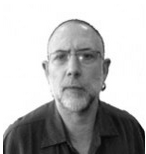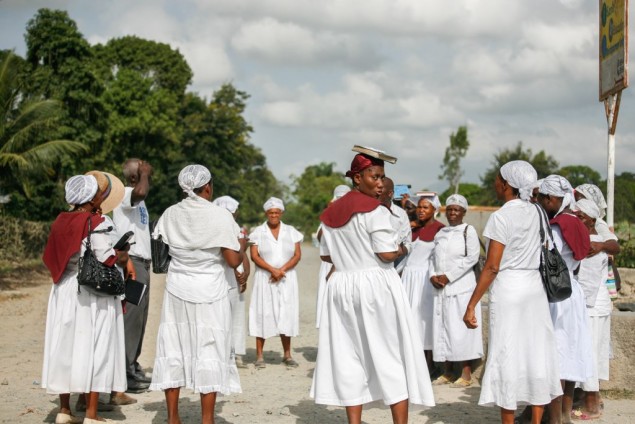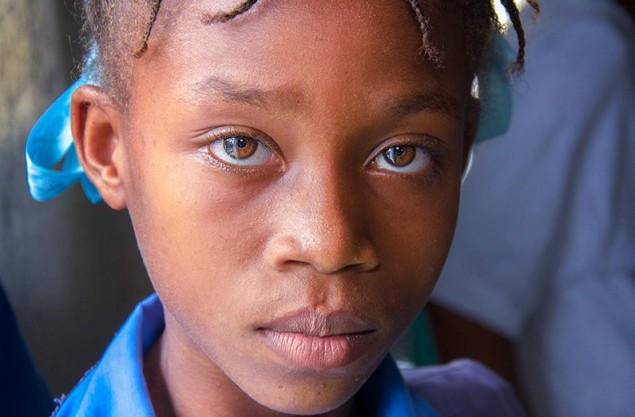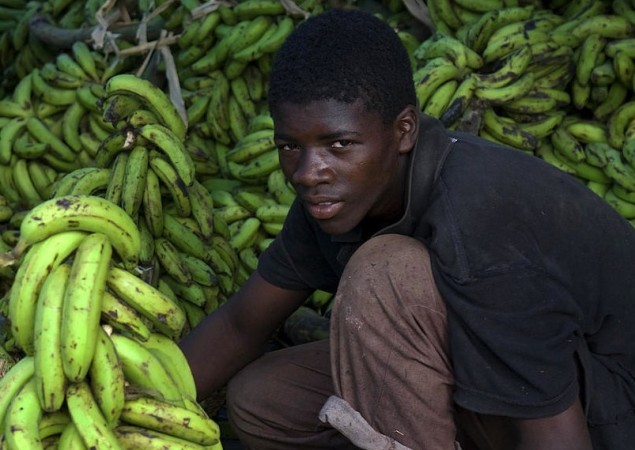Gilbert Mercier
Dady Chery was born and raised in Haiti and, as such, is proud to call herself "natif natal." Before the 2010 earthquake, her professional life was wholly dedicated to science. Like so many Haitians, either still living on the island or from the diaspora, the quake turned her life upside down. Her book, We Have Dared to Be Free, was written between 2010 and 2015. It is based on a lifelong wealth of knowledge, and it is essential to understand Haiti's complex and extraordinary journey.
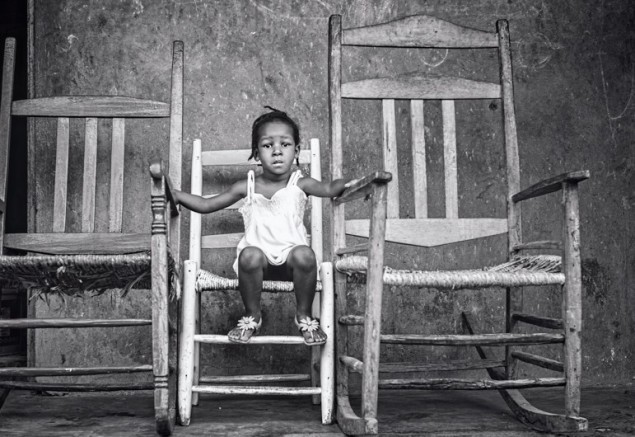 Gilbert Mercier. First of all, congratulations on the completion of We Have Dared to Be Free! What motivated you to put a book together?
Gilbert Mercier. First of all, congratulations on the completion of We Have Dared to Be Free! What motivated you to put a book together?
Dady Chery. Thank you. I began to write this book the first weekend after the January 12, 2010 earthquake, really as part of my journal. Until then I had been writing my observations mostly about the natural world, but as I went through the uncertainty of not knowing whether my family in the capital city of Port-au-Prince had survived the disaster, my focus completely changed. I became compelled to write about myself and my family as a sort of record keeping. This grew very quickly into observations and analyses about Haiti, as it became apparent to me that there was a tremendous contrast between what was being presented to people by the international press and what was really going on in Haiti. For example, in the Haitian French and Kreyol-language press, there were countless stories about Haitians who saved each other during the first 36 hours after the earthquake, but in the English-language press, Haitians were presented as being completely desolate, paralyzed, and helpless.
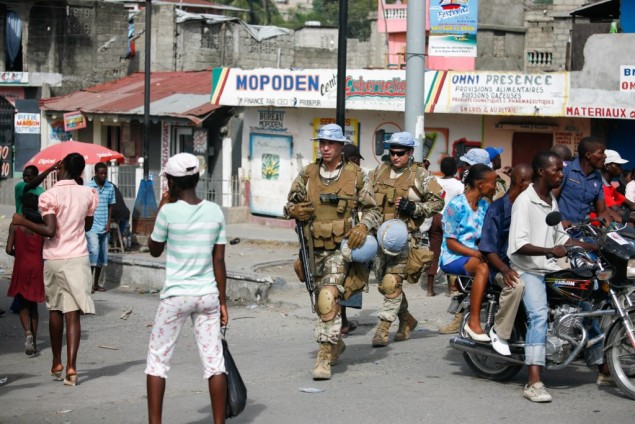 Of
course, the stage was being set for a major infusion of aid money, but I
could not have figured this out then. When Clinton moved in with his
rich friends and tried to take over the governance of the country in
spring 2010, I was as surprised as everyone else. But I decided to make
notes on all of the goings on and tease out the most important elements.
When the cholera came, because of my background as a professor of
microbiology, I was immediately able to figure out that it had been
introduced by a foreign source, and I was the first one to write this. I
knew what was possible and what was not, even when Western scientists
and journalists were trying to confuse the issue about the involvement
of the UN. But this book is much more than this. As you say, it has been
a five-year journey.
Of
course, the stage was being set for a major infusion of aid money, but I
could not have figured this out then. When Clinton moved in with his
rich friends and tried to take over the governance of the country in
spring 2010, I was as surprised as everyone else. But I decided to make
notes on all of the goings on and tease out the most important elements.
When the cholera came, because of my background as a professor of
microbiology, I was immediately able to figure out that it had been
introduced by a foreign source, and I was the first one to write this. I
knew what was possible and what was not, even when Western scientists
and journalists were trying to confuse the issue about the involvement
of the UN. But this book is much more than this. As you say, it has been
a five-year journey.
In the end, this book is not only my record keeping and analyses of the last five years about Haiti, but also a love letter to my country of birth. It is the kind of book that I would want to read. I titled it We Have Dared to Be Free, because in the final analysis, after I put all my thoughts together, the core of the book is people's struggle for freedom, not only in Haiti but everywhere. "We have dared to be free" is a phrase that I borrowed from Jean-Jacques Dessalines' eloquent 1804 Declaration of Independence, in which he compares our liberation as the first black republic to the first steps of a child who transforms his weight from being an impediment to becoming an instrument with the momentum to break the boundaries of space.
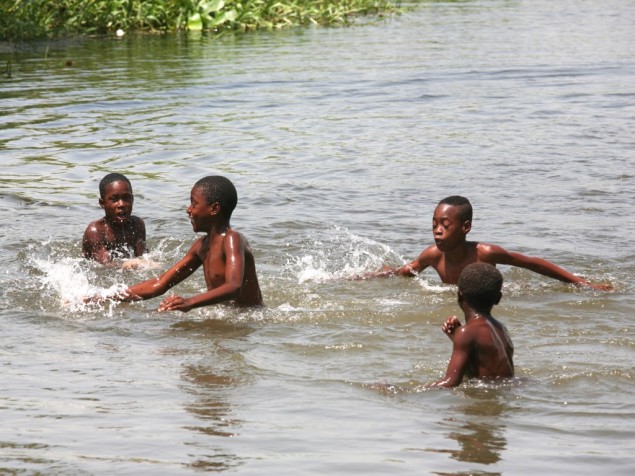 I
hope that people who really want the truth about what has gone on in
Haiti during the last five years will pick up this book, read it,
discuss it in book groups and other settings, and pass it on. I hope the
book will help to expose the fake humanitarians for being the predators
that they really are. But more than anything, I hope that it will arm
people with tools to dissect what is really going on and wrench Haiti
and other places from the neocolonial onslaught.
I
hope that people who really want the truth about what has gone on in
Haiti during the last five years will pick up this book, read it,
discuss it in book groups and other settings, and pass it on. I hope the
book will help to expose the fake humanitarians for being the predators
that they really are. But more than anything, I hope that it will arm
people with tools to dissect what is really going on and wrench Haiti
and other places from the neocolonial onslaught.
GM. Your book was written in the past five years but it encompasses more than two centuries of Haiti's rich history.
DC. It is not possible to talk about Haiti
without talking about Haitian history. History is not an abstraction for
us. Our revolution is not a yearly occasion to get drunk and blow
firecrackers for a day. Our history is alive. Our revolution is in
progress. When we encounter new political situations, we naturally think
of them in the context of our history, and this is absolutely correct,
because everything going on in Haiti right now goes back to the fact
that we did what was probably the most audacious thing in human history.
As a group of slaves, we took, by force, an incredibly valuable piece
of real estate from our supposed masters, because we had been kidnapped
to that land and mixed with it our sweat and blood, and all our miseries
and desires. We are Antoine de Saint-Exupery's Le Petit Prince; the
volcano is ours because we swept it every day.
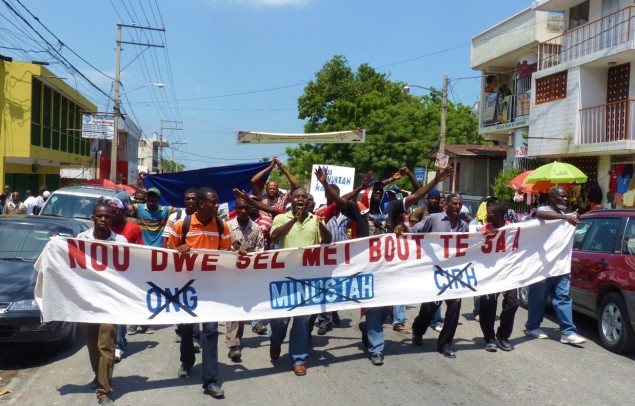 It
is almost impossible right now to popularize and trivialize Haitian
history, and I'll tell you why. This is like the difference between
decorating a corner of a former cow pasture with a few cow sculptures,
versus dealing with the pasture while there are real animals marching
around, making noise, dropping cow pads, and chewing on the grass.
History in real time is incredibly messy. The fact is that Haitian
history is world history. Our slave revolution transformed world ideas
of the rights of men and forced Europeans and Americans to begin to walk
the talk of their revolutions. We changed the maps or North and South
America. In fact, we changed world history in ways that most people do
not realize. The major reason why Russia beat Napoleon at Waterloo, for
example, is because Russian generals had borrowed from Toussaint's
playbook the strategy of retreating and burning everything to deny
provisions to the enemy.
It
is almost impossible right now to popularize and trivialize Haitian
history, and I'll tell you why. This is like the difference between
decorating a corner of a former cow pasture with a few cow sculptures,
versus dealing with the pasture while there are real animals marching
around, making noise, dropping cow pads, and chewing on the grass.
History in real time is incredibly messy. The fact is that Haitian
history is world history. Our slave revolution transformed world ideas
of the rights of men and forced Europeans and Americans to begin to walk
the talk of their revolutions. We changed the maps or North and South
America. In fact, we changed world history in ways that most people do
not realize. The major reason why Russia beat Napoleon at Waterloo, for
example, is because Russian generals had borrowed from Toussaint's
playbook the strategy of retreating and burning everything to deny
provisions to the enemy.
GM. Haitians are incredibly proud. Can you tell us why?
DC. Well, most Haitians would tell you that it's because we're all beautiful and smart. But seriously though: we are self-emancipated, self-defined black people, and we know our history. We know that we can beat the French, British, Spanish, and other supposed invincible powers, because we have done it. Nobody can tell us that we're not good enough for anything, because we know that we can compete at the world-class level at anything. We beat Napoleon when he was at his peak. Our contributions of statesmen, scholars, and literary lights to the world are numerous and are absolutely first rate by any standard.
(Note: You can view every article as one long page if you sign up as an Advocate Member, or higher).


